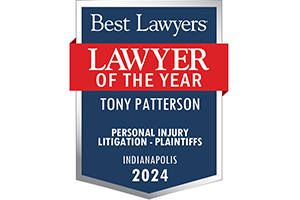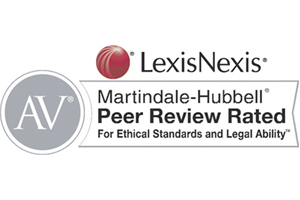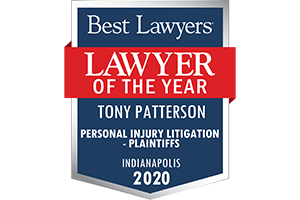Proving Liability Using the Federal Motor Carrier Safety Regulations
Building a case against a trucking company and its driver can be a daunting task when liability is contested by the company and its insurance carrier. Indiana law mandates the simple rules we all should know: obey the speed limit, stop at lights and signs, make safe turns and change lanes safely. When these basic “Rules of the Road” are violated and result in a collision, liability should be clear. However, things are not always that easy. Major collisions and pileups on our interstates and highways often involve large commercial vehicles and tractor-trailers that are subject to the Federal Motor Carrier Safety Regulations (“FMCSRs”). These crashes can be complex with multiple proximate causes that result in damages and personal injuries. Establishing the trucking company’s violations under the FMCSRs can win or lose an injury victim’s case. It is important to identify the FMCSRs that may be involved and include them in your final instructions to the jury.
Our legislature incorporated the FMCSRs into law in Indiana pursuant to I.C. § 8-2.1-24-18. This statute states FMCSRs “must be complied with by an interstate and intrastate motor carrier of persons or property throughout Indiana.” See I.C. § 8-2.1-24-18(a). Specifically, the statute incorporates 49 CFR Parts 40, 375, 380, 382 through 387, 390 through 393, and 395 through 398. These regulations are vast and complicated to say the least, but are intended to reduce the large number of commercial motor vehicle crashes that occur every year in Indiana and across the United States.
Violations of the FMCSRs can be used at trial to prove negligence. The legal doctrine of negligence per se provides that an unexcused or unjustified violation of a duty dictated by statute is negligence per se. Indiana Trucking v. Harber, 752 N.E.2d 168, 172 (Ind. Ct. App. 2001). When a statutory duty exists, the trier-of-fact must consider whether the breach of such duty was a proximate cause of the injury. Id.
In order for an injury to be the proximate result of a statutory violation, the injury must have been a foreseeable consequence of the violation and would not have occurred if the requirements of the statute had been observed. Town of Montezuma v. Downs, 685 N.E.2d 108, 112 (Ind. Ct. App.1997). A trucking expert will probably be needed to explain the rule, why it was violated, and why the violation resulted in harm. If the allegations and evidence warrant, the jury will be instructed by the Court at the conclusion of trial regarding negligence per se. See Ind. Model Jury Instruction No. 397.
The FMCSRs are voluminous, but there are a few regulations that are repeatedly invoked when a tractor trailer is involved in a motor vehicle crash. FMCSR § 396.13 relates to the inspection of commercial motor vehicles and states: Before driving a motor vehicle, the driver shall:
- Be satisfied that the motor vehicle is in safe operating condition;
- Review the last driver vehicle inspection report; and
- Sign the report, only if defects or deficiencies were noted by the driver who prepared the report, to acknowledge that the driver has reviewed it and that there is a certification that the required repairs have been performed.
Other FMCSRs concern the safe operation of commercial motor vehicles:
- FMCSR § 395.3 – A driver may not drive without first taking 10 consecutive hours off duty;
- FMCSR § 392.3 – No driver shall drive or be permitted to drive when the driver’s ability or alertness is impaired or likely to become impaired (fatigue, illness or any other cause);
- FMCSR § 362.6 – No motor carrier shall schedule a run between locations that would necessitate the driver to exceed the speed limit;
- FMCSR § 392.9 – A driver may not drive a commercial motor vehicle and a motor carrier may not permit a driver to operate a commercial motor vehicle unless the cargo is properly distributed and adequately secured.
Review the FMCSRs when you are hired in a truck accident incident and let them guide your investigation throughout discovery. Your case against the trucking company will likely be strengthened as a result.
BY: JOHN MCLAUGHLIN











